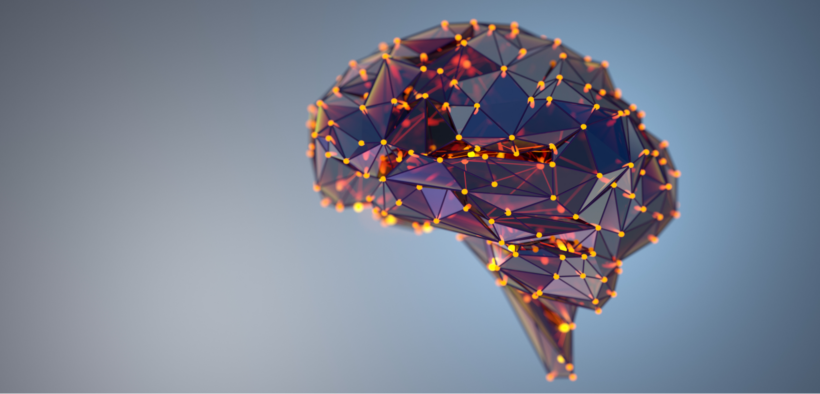In a 2023 article published in The Hill, Sarah Eaton, an associate professor of education at the University of Calgary who primarily researches ethical issues and issues of academic integrity in higher education, called ChatGPT and similar generative AI models “the greatest creative disruptor to education and instruction in a generation” (De Vise & Lonas, 2023). While Eaton might be correct in identifying AI as such, a disruptor is never intrinsically good or bad. A disruptor in education can significantly alter traditional educational practices, established norms, and systems. It can reshape the landscape of education by introducing novel approaches, tools, or models that may fundamentally shift how teaching and learning occur. What a rushed revulsion to AI creates is a situation where the real, productive aspects of this new technology are ignored, thereby restricting the use of tools that afford us novel and innovative forms of access for processing, developing, and presenting our deep learning.
What AI Can Teach Educators about Deep Learning

Related Articles
I have two loves: teaching and learning. Although I love them for different reasons, I’ve been passionate about...
Even if you can’t tell a pigskin from pigs in a blanket, have no idea where the Seahawks...
Last year I added an assignment to an online aging and end-of-life transitions course I had taught multiple...
Students often struggle to understand complex or abstract concepts, especially when they cannot see how those ideas connect...
When Kahlil Gibran speaks about pain, he likens it to medicine and connects healing to understanding. The understanding...
As the Covid-19 pandemic ran its course, you most likely found yourself adapting classroom policies and activities to...
Every teacher wants to have energetic classes where students are involved in their learning, a goal that is...







